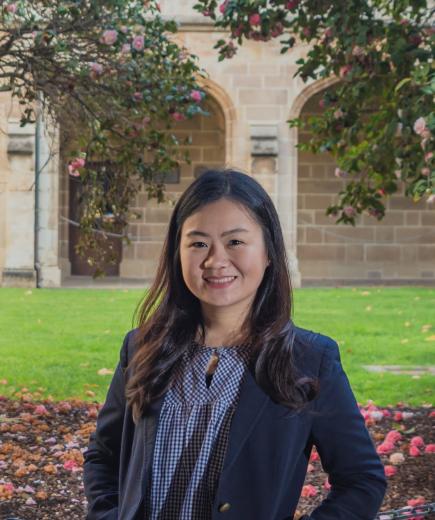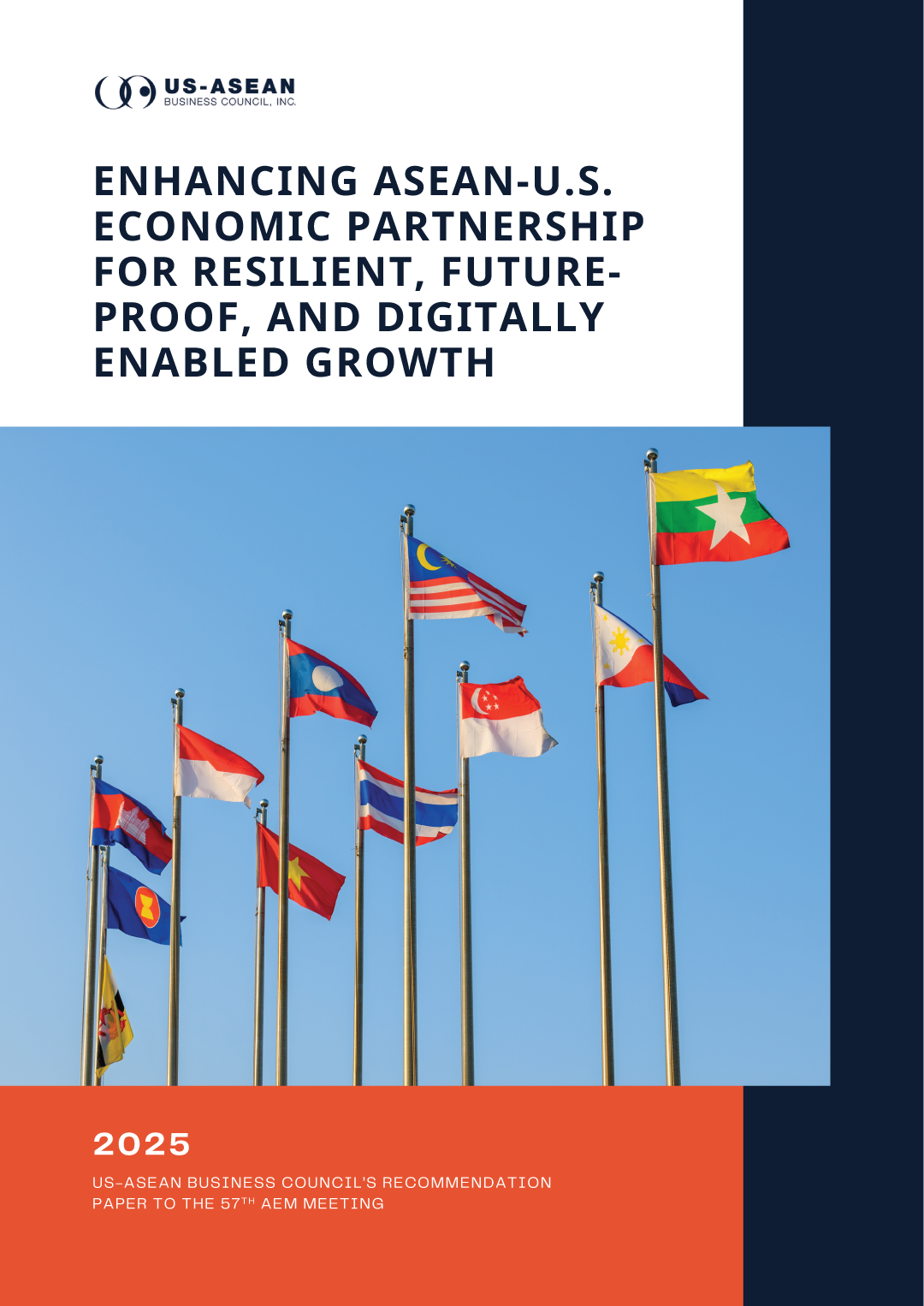Malaysia and Indonesia Eye Export Restrictions on Rare Earth Minerals

On September 11, Prime Minister Anwar Ibrahim announced to Members of Parliament Malaysia’s plan to develop a policy to ban the exports of rare earth raw minerals in a bid to stimulate the development of domestic processing industries, prevent the loss of resources, and provide additional revenue to the country. Although Malaysia’s rare earth reserves are relatively small—an estimated 30,000 metric tons of rare earths compared to 44 million tons in China—the industry can contribute as much as USD 2 billion to Malaysia’s GDP in 2025, while creating 7,000 jobs. The proposed ban comes as countries look to diversify away from China, the world’s largest producer of critical rare earth minerals. Analysts believe that the ban could potentially impact companies operating in Malaysia as well as inward investments from China. PM Ibrahim did not specify when the ban would come into effect.
Malaysia’s proposed policy echoed a recent string of similar restrictions by Indonesia, aimed at boosting the local manufacturing of electric vehicle batteries and stimulating investments in locally based processing facilities. President Joko Widodo first banned the export of raw minerals in 2014 and nickel ore in 2020. In June of this year, Indonesia banned the exports of bauxite. President Widodo also hinted at possible bans on the export of unprocessed tin and copper. With these export bans, both Malaysia and Indonesia are following the global and regional trend of national security-based resource nationalism, impacting efficient resource allocation, international trade, and competitiveness.





![Cover-[USABC-Final]-Driving-ASEAN-Unity-Malaysia's-Vision-for-2025](/sites/default/files/2025-07/Cover-%5BUSABC-Final%5D-Driving-ASEAN-Unity-Malaysia%27s-Vision-for-2025.jpg)

